
It is interesting to hear the more recent news bulletins, which in honesty I seldom do because it either lacks interest or is repetition of the same. However, what caught my attention is the fear that has been generated as part of the fallout from the COVID19 lockdown, which our leaders are trying to address to get the economy up and running by encouraging the general populous to return to work. We see the fear manifested in different ways, such as parents not wanting children to go back to school, individuals fearful to leave their house and avoidance of using public transport, all with the same underlying cause; the fear of catching COVID19.
What is fear and how does it impact health? 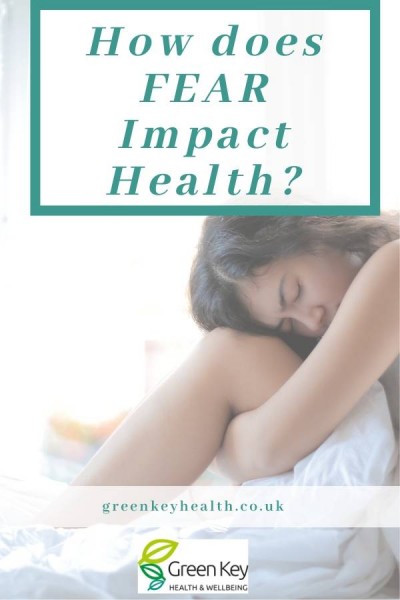
Fear as defined in the Merriam Webster dictionary is “an unpleasant often strong emotion caused by anticipation or awareness of danger.” This matches perfectly with the challenge global leaders now face in their quest to get people back into work and the world economy up and running.
Let us consider animals in the wild, such as a herd of zebra. Zebras will be grazing quite peacefully when all of a sudden, they intuitively know that there is some kind of threat to their wellbeing close by. The natural response is to go into alert mode, which drives the fight or flight reaction. There is no worry, circulating thoughts, deliberation or similar. They simply look around for the threat and take the necessary action to either run (flight) or stay and fight for survival. Once the perceived threat has gone, the herd go back to grazing peacefully, as if nothing had happened a few minutes earlier. The threat of being eaten is an accepted part of their lives.
In our human world, we tend to intensify the fear through an unhealthy rumination of negative thoughts that often distort the real picture, leading to poor decision-making, lack of sleep and other bodily symptoms that cannot be identified medically. This does not mean to say that fear does not exist and that we do not feel it, in fact the opposite. It is real, and our mind and body do feel it.
What stops us from making that decision and just doing it? To leap over the barrier and to take that first step, only to find when we have done it that we are fine and the world around us is fine? There is no right answer to this question, as each one of us is different. We each have our own myriad of reasons that we explain to ourselves and those around us, rationalising the reasons why we are not taking steps to overcoming the fear.
What happens when we live in fear of something, for example the fear of catching COVID19?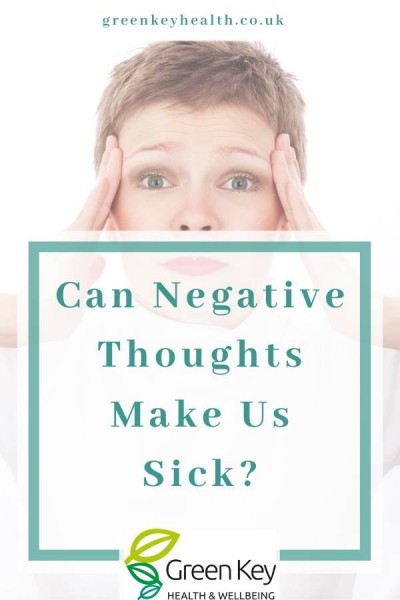
Being sucked into a vortex of overthinking negative thoughts. Neurological Sciences agree that as we think something and re-think something, neurological pathways are fixed, and we can in some ways become what we contemplate. In other words, we attract the very thing that we are fearful of.
The equivalent human response to danger is, as with zebras, the urgent initiation of the fight and flight response. On receiving the alarm from the amygdala, (part of the brain) that triggers the release of stress hormones including cortisol to prepare us for the fight or flight mode; dilation of the pupils, blood supply is channelled away from less important bodily functions into the muscles. Our heart rate quickens, driving the release of perspiration in response to the sympathetic nervous system kicking into full alert. Our glands release a mix of hormones, especially adrenaline and cortisol into the bloodstream. The heart sends messages to the brain via the vagus nerve supported by an increase in neurotransmitters. All this before the neocortex has had a chance to identify the nature of the emergency, whether life-threatening, joyful or something inbetween.
The second phase, for want of a better description, that occurs within seconds, is the receipt of information through the senses to the neocortex. As a result, an understanding forms about the situation and the fight or flight impetus is either modified or countermanded. During this time, more complex feelings may take the place of sheer anger or abject fear, and might include emotions such as regret, amazement, frustration or even embarrassment.
As consciousness begins to take control the fight or flight reactions will slowly be returned to normal through reversal of the extreme arousal process. This often leads to expressing excess energy amassed seconds earlier through laughter, tears, or shouting, supported by body language such as finger pointing, foot stamping and head shaking. All of which are outlets for the release of pent-up feelings, ultimately resetting the amygdala’s warning light.
Unlike animals, what might not be reset is the hypothalamus-adrenal-pituitary (HPA) stress system. Actions of this system, especially the release and reabsorption of cortisol take considerably longer to reset, particularly when the threat is perceived to be overwhelming and/or chronic. In this case, instead of the feeling of fear being overridden, modified or followed through, it becomes suppressed inside the body, leading to phantom pain and/or post-traumatic stress disorder (PTSD). The lack of resolution is likely mirrored in the brain, with associated concerns being insufficiently processed and thus harboured in the emotional brain.
Dis-ease has an emotional foundation. Fear is one of the cardinal emotions and when suppressed as with other cardinal emotions; guilt, anger and shame, it starts to lay the foundation for dis-ease. If an individual is already suffering from some form of disease or health condition, which further compounds the body’s stress and need to re-balance through mobilisation of the immune system. In other words, draining resources to fight a condition that is emotionally draining the system.
There is so much to process in relation to COVID19, with 24/7 news, social media, and an impact that has been felt at the very core of our modern global society. This fear has the capacity to drain us of unconditional love for ourselves and for others.
Having a healthy discipline of active listening and thinking about current day controversial issues, is important. It is through openness and tussling with difficult problems that transformative change will impact ourselves our families and our communities, opening the way for something new, that is for the better. Holding on to what no longer causes pain and fear of what is to come, dragging out the process and potentially setting the foundation for dis-ease.
How can we overcome the fear?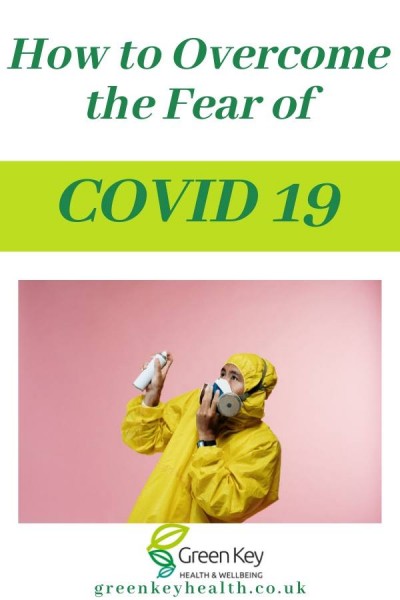
Love is the opposite of fear, which is the most important law of the universe. First love of oneself and second love of others. Love is all there is. The King James version of the Bible tells us: “There is no fear in love; but perfect love casteth out fear; because fear hath no torment”.
Is it now time to come together even more, as humans in our communities? To celebrate our lives within these communities and to provide neighbourly support and help, caring for those that feel vulnerable and fearful. To fully embrace the community spirit and to give and share joy to overcome the fear.
Make time to be kind to yourself and those around you. Go inward to hear how your mind and body feel, releasing pent-up emotions through forgiveness and communication with others. Give gratitude for the small things. Be present to nature’s abundance and calming influence and as with every river, flow with ease allowing the undulating current to navigate the route smoothly, rather than trying to dam the natural flow.
“Love makes the world look beautiful. When there is love, there is beauty’.
Haemin Sunim
References
The Spiritual Anatomy of Emotion, Michael A. Jawer, Marc S. Micozzi, MD, Ph.D
Feelings Buried Alive Never Die….. Karol K. Truman
The Power of the Herd, Linda Kohanov
For safe, effective treatment for anxiety, mood swings, depression and panic attacks, book a kinesiology, naturopathic and herbal consultation here.
New here? I write about how to take a holistic approach to health and well-being, to treat illness and help you be the best you can be. You can read similar blogs here:
Post COVID19: 5 Steps to Creating Strong Immune Health in the Workplace
10 Tips for Protection Against Electromagnetic Radiation
Kindness Costs Nothing: Building Healthy Relationships
Reflections on Filling Yourself Up First: Fresh Air Fridays in January
Stay Healthy over Christmas: Tips that Actually Work
How to Boost your Immunity, Naturally
A Day at Weleda – “Committed to the Well-Being of our Planet, our Environment and our People”
Why we are Addicted to Prescription Drugs
Does your Work day Eat into your Lunch Break?
Do you love Pinterest as much as I do? Please pin any of these graphics!
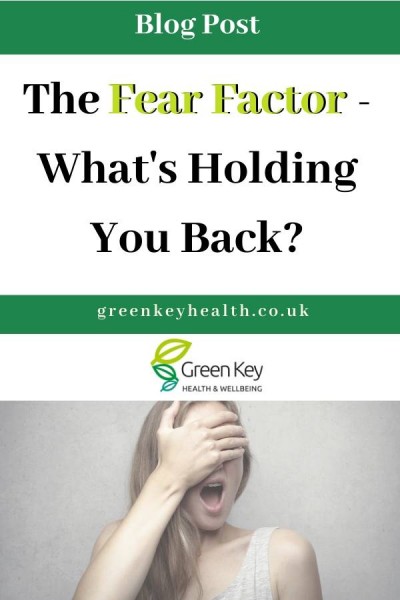
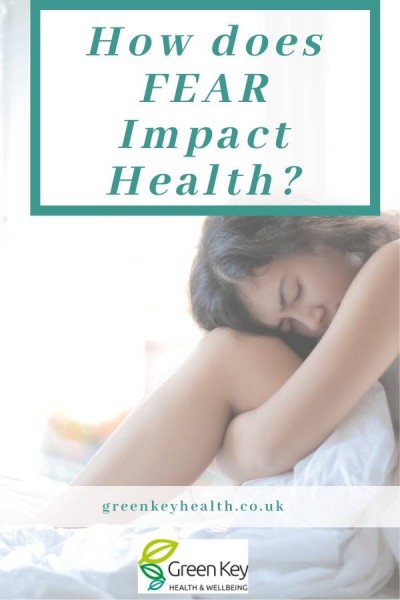
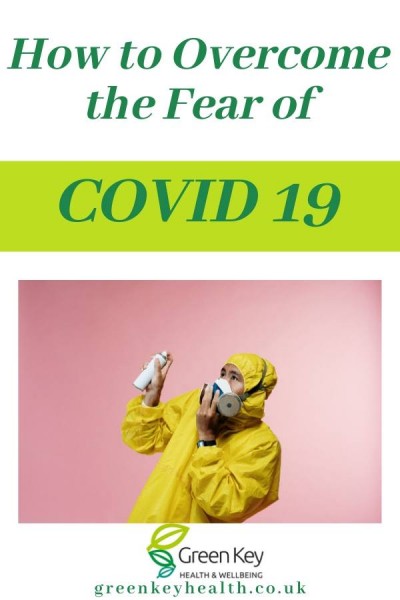
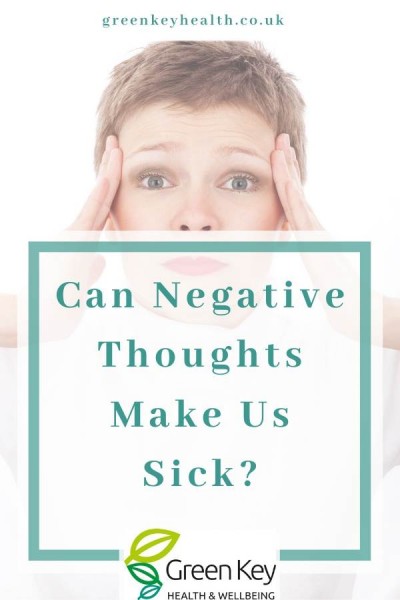

Add new comment